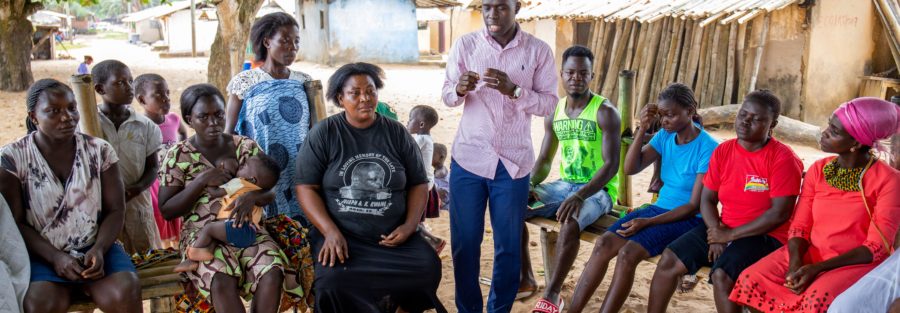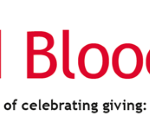Achieving Universal Health Coverage (UHC) remains a critical goal for Ghana to provide citizens with equitable healthcare access without financial strain. The recent resolution on social participation for UHC adopted at the 77th World Health Assembly (WHA) offers a significant opportunity for the Ghanaian government to accelerate social participation mechanisms across all health systems to expedite realizing this goal.
Social participation empowers individuals, communities, and civil society to impact health decision-making, creating health systems that are equitable, resilient, and responsive to people’s needs. It ensures that stakeholders, including women, local communities, vulnerable groups, health workers, civil society, and people of all ages are actively involved in developing, planning, implementing, monitoring, and reviewing health policies. This inclusive approach promotes inclusive governance, transparency, and accountability, fostering trust between governments and communities, and leading to improved health outcomes and sustainable interventions.
Unfortunately, current health decision-making processes often fail to incorporate the voices of the communities they serve, resulting in policies and programs that are disconnected from local needs and realities. In Ghana, as in many countries, health decisions frequently overlook the community’s and individuals’ inputs in several critical ways. These include a lack of comprehensive consultation, insufficient representation, and top-down decision-making. Additionally, the platforms where health decisions are discussed are often inaccessible to community members due to barriers like language, literacy, and technology, even though these platforms can support culturally appropriate interventions. Limited feedback mechanisms for communities to voice their concerns, and significant power imbalances between health authorities and community members further diminish the latter’s influence.
To harness the power of social participation for achieving equity in healthcare, the government of Ghana must institutionalize inclusive health governance mechanisms and adopt policy frameworks that enable and support social participation. This involves consulting affected communities during the design and implementation of health programs, ensuring the representation of vulnerable and marginalized groups, and creating accessible platforms for dialogue through public consultations and forums. Additionally, it requires establishing robust feedback mechanisms to allow communities to express their concerns and needs, addressing power imbalances to empower local voices, simplifying bureaucratic processes, and allocating resources for community engagement to foster active participation. While many of these recommendations may exist, they need reinforcement to ensure a health system that leaves no one behind.
Social participation is not merely a complementary aspect of achieving UHC but also a foundational element that drives the success of health systems. By actively involving communities in health decisions, Ghana can create more responsive, equitable, and sustainable health services that truly serve the unique needs of all people. In alignment with the 77th World Health Assembly’s resolution on social participation, the government, health providers, and civil society must collaborate to promote and facilitate social participation, ensuring everyone’s voice contributes to the journey towards UHC.



